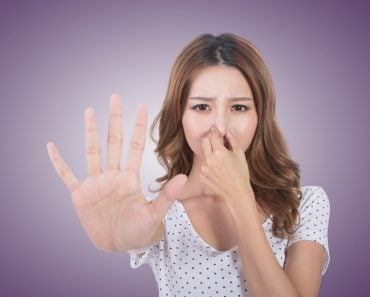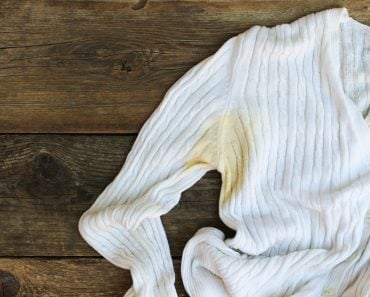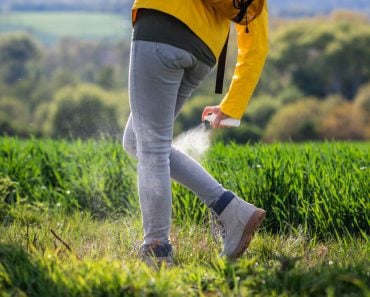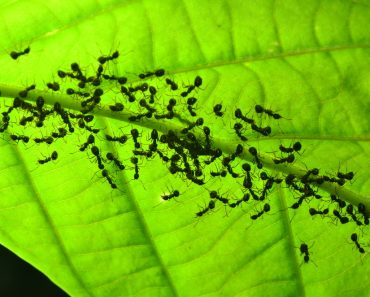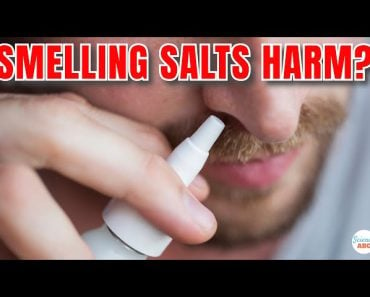Deodorants work by masking body odor or by targeting the bacteria that cause the smell in the first place. Antiperspirants work by preventing sweat glands from releasing sweat, in addition to counteracting body odor with their own fragrance. There are some health concerns associated with the use of deodorants and antiperspirants, as people using them on a regular basis occasionally experience irritation of the skin and develop certain allergies.
Dressing up for an occasion, especially a social one, almost always involves putting on some type of deodorant to protect your physical charm. However, there are many people who refrain from using any artificial means to enhance/alter their body odor, fearing the harmful impacts they might have on their body. In this article, we will discuss deodorants and antiperspirants, as well as any relevant safety concerns.
However, before we get into that, it’s imperative that we tackle the most basic question first…
Recommended Video for you:
Why Does Sweat Smell?
You might be surprised to note that sweat, in itself, is actually odorless! Unfortunately, when it gets mixed with other stuff and provides a warm, comfy location for bacteria to grow in, it attains that particularly unsavory smell that we loosely call body odor.
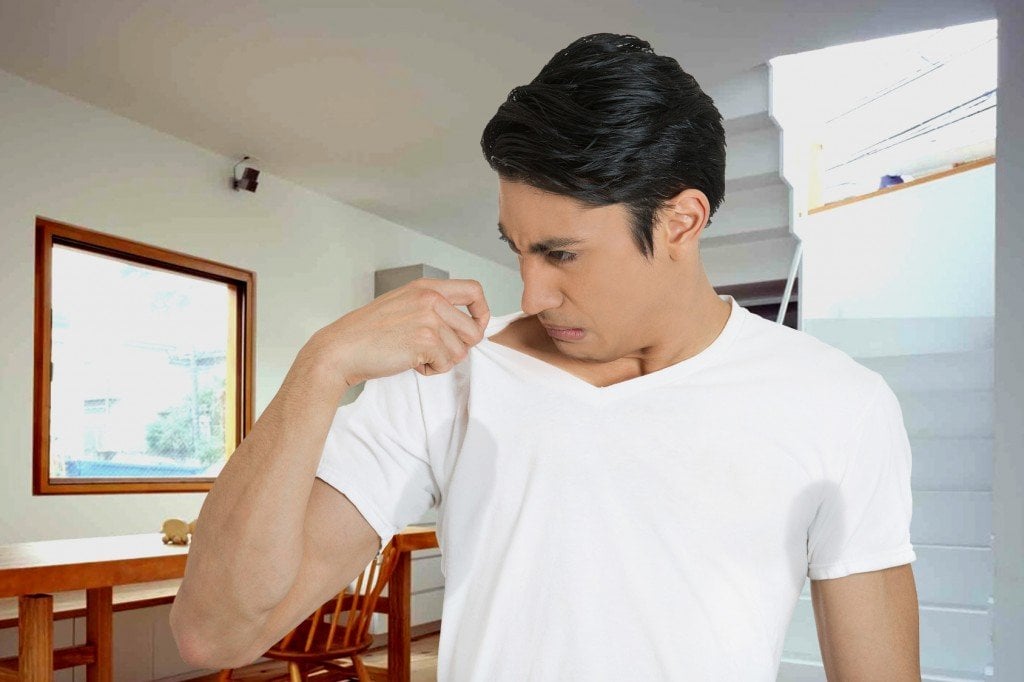
The human body is covered with two types of sweat glands, namely eccrine and apocrine glands. The former only excrete salt and water in order to keep you cool when it’s hot outside. Also, they don’t contribute to your body odor.
On the other hand, apocrine glands carry secretions of proteins and fats from within the body. Upon mixing with body sweat, they become an ideal site for bacteria to live, feast and thrive… hence the body odor. These glands generally develop after one hits puberty, which is why kids don’t tend to have body odor.
Use Of Perfumes And Deodorants
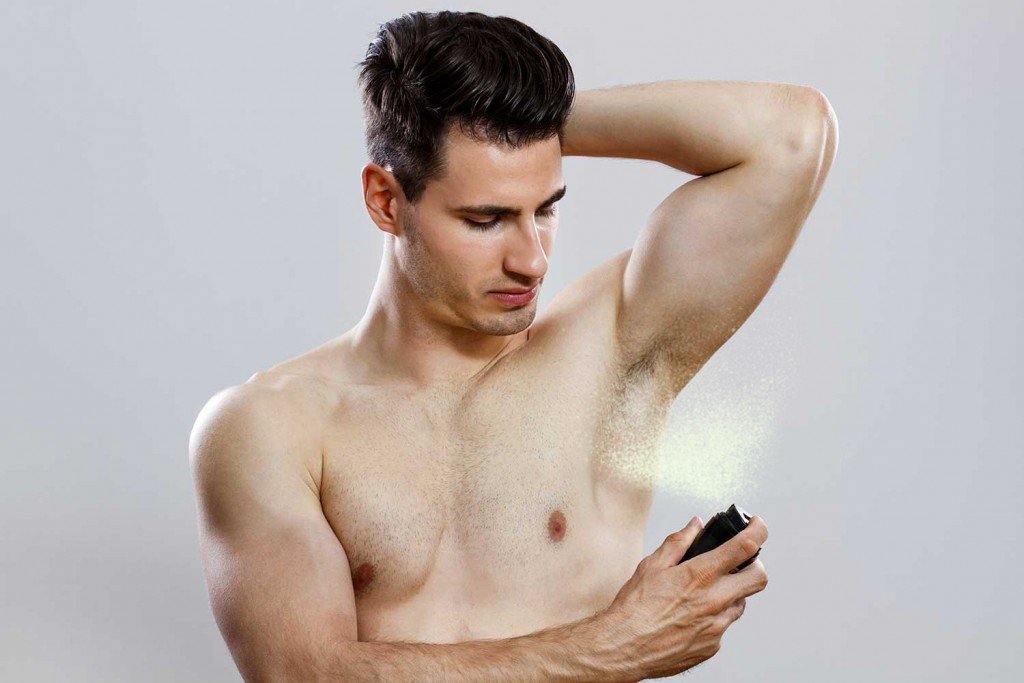
To mask body odor, people use many different things, such as perfumes, deodorants and antiperspirants, which, in addition to working at the source of body odor, also have a fragrance of their own to mask your body odor.
What’s The Difference Between Perfumes And Deodorants?
People generally tend to clump perfumes, deodorants and antiperspirants in the same category, mistakenly assuming that they are basically the same thing.
While it’s true that all of them fulfill their primary purpose of masking one’s body odor, all of these ‘anti-odor’ agents are different in the way they tackle the problem of body odor.
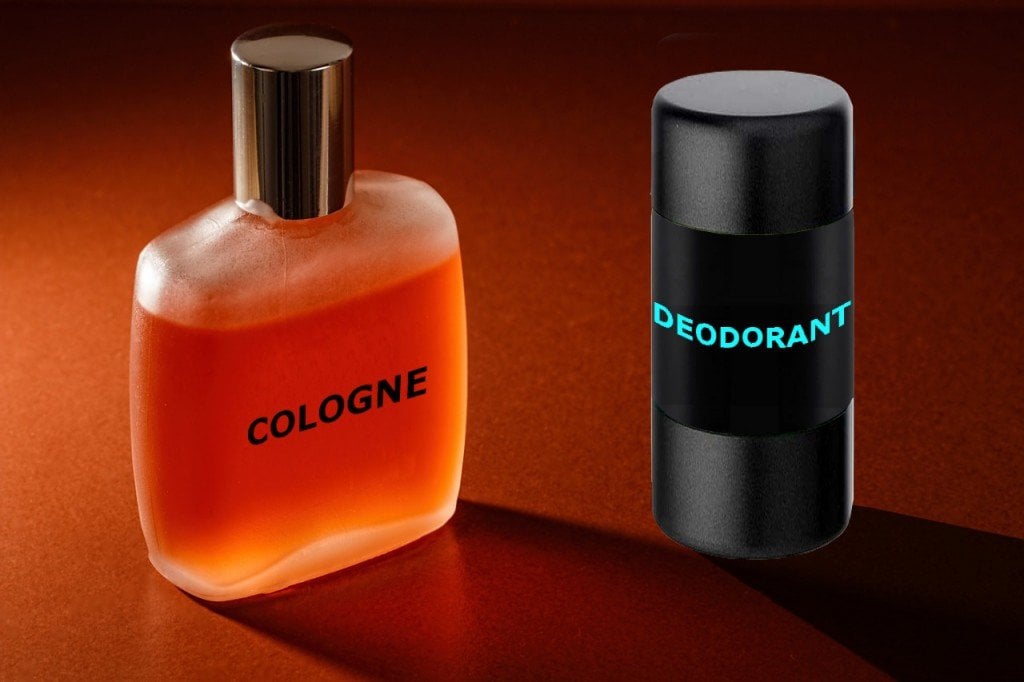
Perfumes are generally used on the clothes a person is wearing while deodorants are typically sprayed directly on the skin, especially in the armpit region. There are also a few differences in their chemical composition, but neither of these have any impact on a body’s perspiration activity, i.e., they don’t prevent you from sweating.
How Does A Deodorant Work?
Although a deodorant doesn’t keep you from sweating, it does help to prevent the foul smell your body gives off by targeting the bacteria (especially in the underarm region) that cause the smell in the first place.
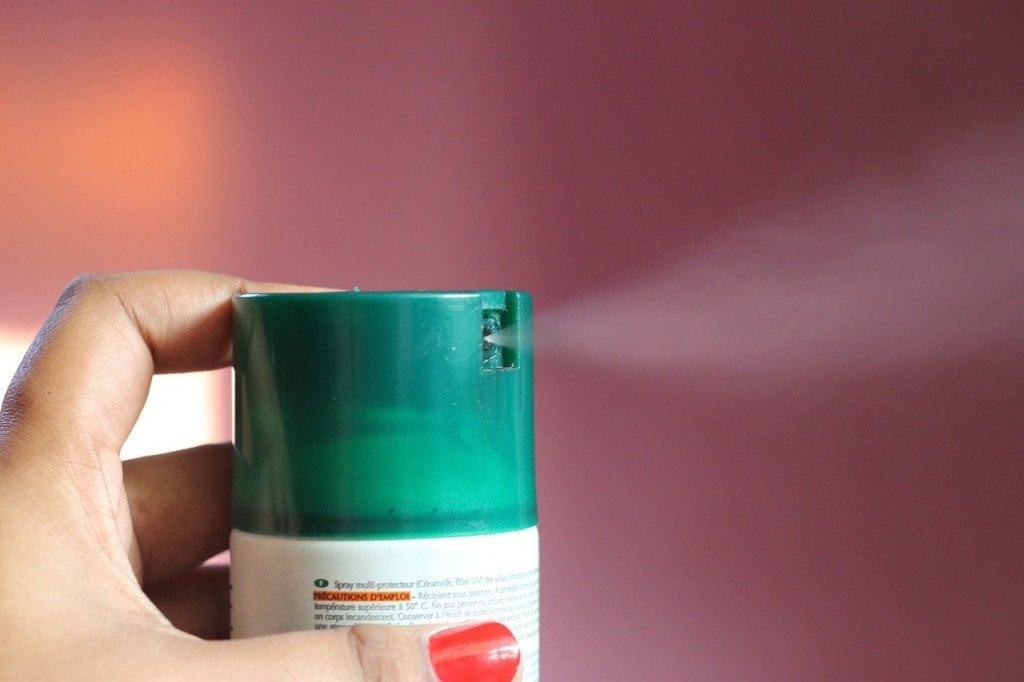
Deodorants are mostly alcohol-based, and consist of compounds like sodium stearate, stearyl alcohol and sodium chloride. The purpose of these ingredients is to make the target region too acidic or salty to sustain fermentation by bacteria. There are also some ingredients like triclosan and EDTA (ethylenediaminetetraacetic acid), which are antimicrobials and therefore impede bacterial growth in the underarm region.
Apart from these constituents, deodorants also contain certain sweet-smelling compounds that counteract or simply ‘hide’ one’s body odor.
How Do Antiperspirants Work?
Antiperspirants are actually a subgroup of deodorants. While deodorants do not impact one’s perspiratory process, antiperspirants actively prevent sweat glands from releasing sweat, in addition to counteracting body odor with their own fragrance. Commercial antiperspirants mostly consist of compounds like aluminium chlorohydrate and aluminum-zirconium tetrachlorohydrex gly as their active ingredients.
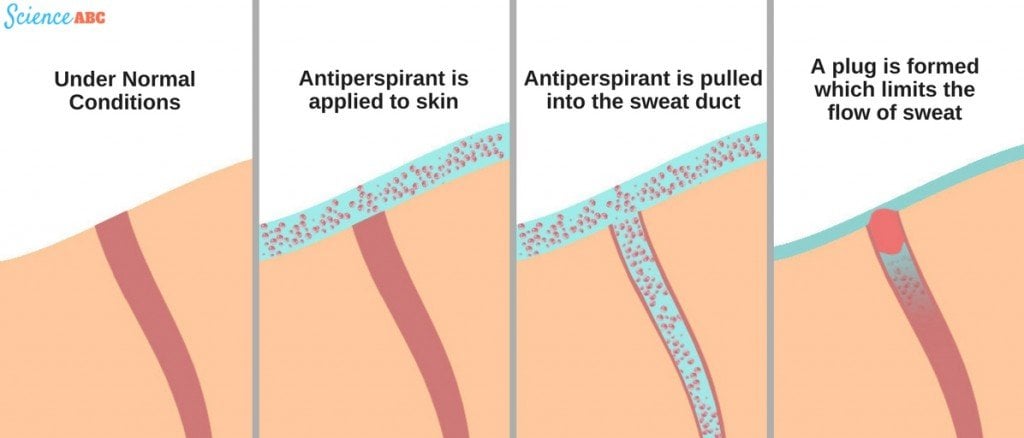
These aluminum-based compounds react with the sweat directly; more specifically, they affect the electrolytes present in the sweat to form a gel plug in the duct of the sweat gland. This stops the glands from secreting sweat over the ‘target’ area. These gel plugs are removed naturally over a period of time through skin peeling.
In a nutshell, antiperspirants basically prevent sweat glands from releasing any sweat, which automatically takes care of the smelly underarm problem. Additionally, they contain some sweet-smelling constituents that give a fragrant boost to the body.
Health Risks Associated With Deodorants And Antiperspirants
There are some health concerns associated with the use of deodorants and antiperspirants, as people using them on a regular basis occasionally experience irritation of the skin and develop certain allergies. Moreover, excessive use of aluminum-based antiperspirants might have adverse epigenetic effects and negatively impact the blood-brain barrier.
Since medical researchers are yet to establish a definitive correlation between the use of deodorants/antiperspirants and the aforementioned disorders, the US FDA has allowed their distribution and use under strict monitoring.
All in all, it’s a good idea to ensure that the use of these products won’t adversely affect your well-being before you start using them day in and day out.
References (click to expand)
- Deodorant - Wikipedia. Wikipedia
- Finnegan, S., & Percival, S. L. (2015, July). EDTA: An Antimicrobial and Antibiofilm Agent for Use in Wound Care. Advances in Wound Care. Mary Ann Liebert Inc.
- Heisterberg, M. V., Menné, T., Andersen, K. E., Avnstorp, C., Kristensen, B., Kristensen, O., … Johansen, J. D. (2011, April 12). Deodorants are the leading cause of allergic contact dermatitis to fragrance ingredients*. Contact Dermatitis. Wiley.
- Antiperspirant Alters the Microbial Ecosystem on Your Skin. North Carolina State University
- GUIDELINES FOR EFFECTIVENESS TESTING OF OTC ANTIPERSPIRANT DRUG PRODUCTS 1. BACKGROUND. The Food and Drug Administration (FDA) is offering suggested guidelines for testing the effectiveness of an OTC antiperspirant drug product in finished product form in accordance with § 350.60 (21 CFR 350.60) of the final monograph (final rule) for OTC antiperspirant drug products, published in the FEDERAL REGISTER on June 9, 2003 (68 FR 34273). These guidelines set forth criteria for the test subjects, test conditions, test procedures, and treatment of the data obtained. FDA recognizes that alternate methods may be appropriate to qualify an antiperspirant drug product as effective. These guidelines do not preclude the use of alternate methods that provide scientifically valid results, subject to FDA approval. To qualify as effective, an antiperspirant drug product in finished product form should meet the criteria established in these guidelines. These guidelines apply to all antiperspirant formulations. Because minor variations in formulation, such as adding emollients or buffers, can alter the effectiveness of an antiperspirant ingredient, FDA encourages the use of these guidelines to test the product whenever a change is made, except for the addition or change in color or perfume ingredients. In testing OTC - www.fda.gov
- Antiperspirant Drug Products for Over-the-Counter Human Use; Tentative Final Monograph - www.fda.gov



